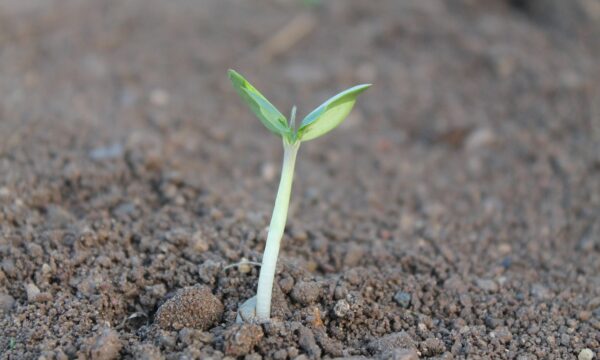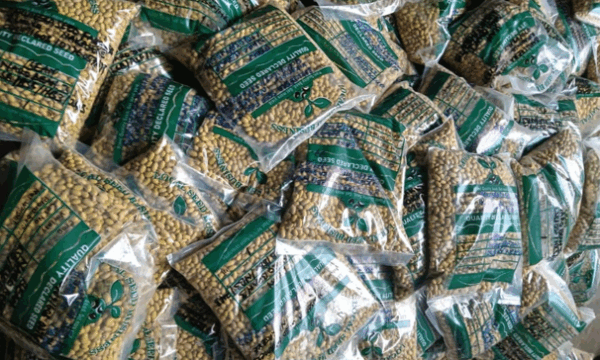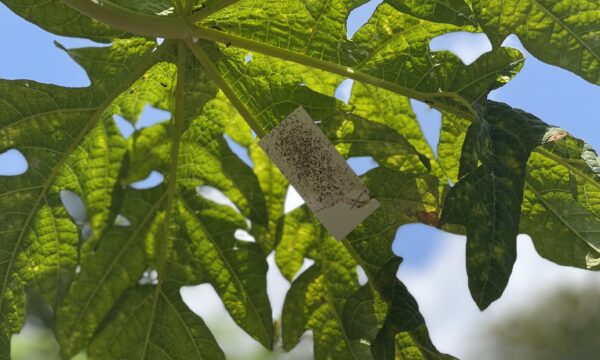Efforts to help developing countries increase their food security and to empower women should be considered together as both are dependent on one another. The FAO has said that if women had the same resource access in agriculture as men then food output in developing countries would increase by enough to pull 100-150 million people out of hunger (FAO Report). By comparing the work by BirdLife and Plantwise’s own plant clinics (plant clinics around the world) you begin to see the first signs of how empowering women can lead to increased food security.
Recently a project in Paraguay by Nature Canada (partnered with BirdLife) helped 478 women farmers in efforts to promote sustainable agriculture in the region. They aimed to balance conservation objectives, such as preventing deforestation and monocultures, with benefiting farmers.
They were successful in this and were also able to improve the awareness of gender equality as well as the rights of women. It has led to some women actively demanding their rights be respected and the formation of 10 committees by the women farmers who have successfully obtained municipal recognition.
Plantwise plant clinics are another example of increasing food security whilst also empowering women in the local communities. The plant clinics give women equal and direct access to independent, professional advice on plant health problems in their crops.
By having access to the specialist knowledge provided at plant clinics, farmers are able to treat their crops more effectively and experience greater yields. These increased revenues can lead to an increase in living standards and allow their children to remain at school. It is through education within schools that gender inequality can be addressed in developing countries.
Training women as plant doctors (in Bangladesh up to a quarter of the Plantwise plant doctors are female) gives them greater standing within the local community. It can also break traditional gender stereotypes and inspire young girls to follow in their footsteps, hopefully breaking the cycle of gender inequality.
The work done by both BirdLife and Plantwise plant clinics is raising the status of women in developing countries and challenging the traditional role of women in these regions. This is a key step that needs to be addressed as women account for approximately 43% of the world’s farmers and yet produce 20-30% less food than their male equivalents.
This lost 20-30% is not because women farmers are not working as hard, but instead because they do not have equal access to the same resources available to male farmers such as financing and technology as well as not sharing equally in training, information and knowledge. By giving them equal status it would be possible for them to produce 20-30% more food, which in turn could pull 100-150 million people out of hunger (FAO Report).
These two examples alone show the huge potential that there is in increasing both women’s rights and food security in developing countries. Hopefully more food security initiatives in the future will look to these examples and use them to further address the imbalance that exists between the genders.
The FAO Report: “FAO at Work 2010-2011: Women – key to food security”
More information on the BirdLife International project can be found here.
1 Comment
Leave a Reply
Related News & Blogs
How plant clinics are strengthening crop health services in Bangladesh
When the first-ever plant clinic in Bangladesh opened in Dhaka in 2013, it initially faced a lack of interest due to its novelty and limited awareness among farmers. However, it went on to expand, providing advice to over 17,000 farmers and led to the…
2 July 2025






[…] how Plantwise is working to ensure they are reaching all those who need their help (read more about Increasing Food Security and Empowering Women here). Since then, events have happened all around the world to raise awareness of the difficulties […]